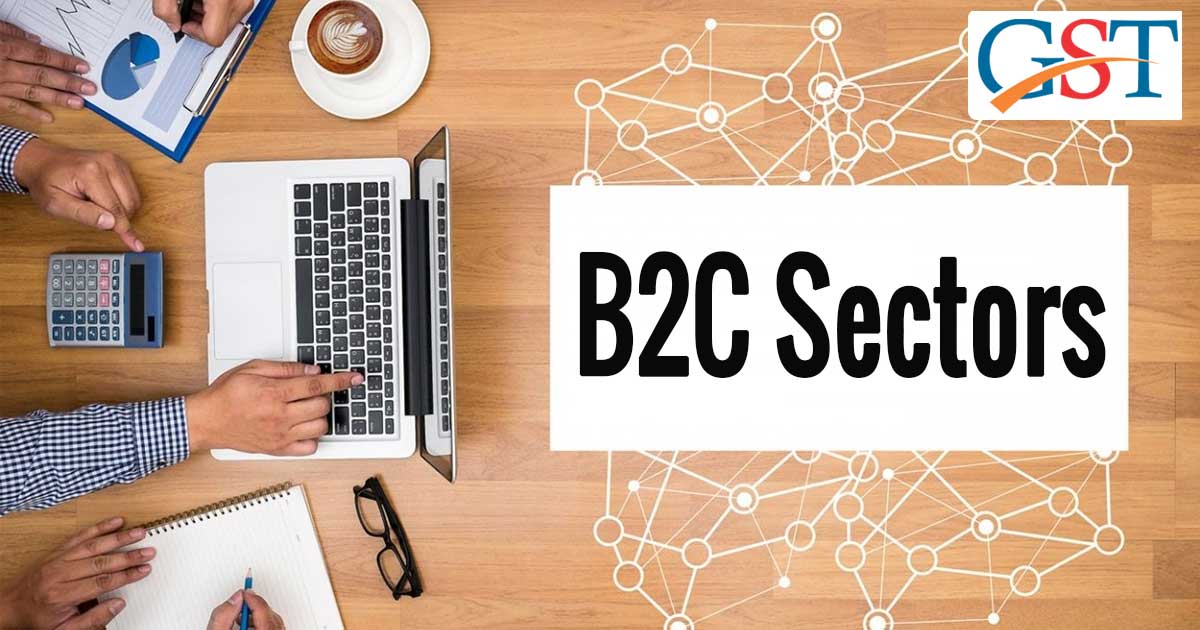Big B2C service sectors like banks, telecommunication operators, and insurers are working deliberately to stay clean of anti-profiteering damages because there are no stir-clear recommendations till now concerning the profit they can make from the initiation of the GST. The underlying principles under section 171 of the GST Act dictate, “Any reduction in the rate of tax on any supply of goods or services or the benefit of input tax credit shall be passed on to the recipient (consumer) by way of commensurate reduction in prices.”
GST has surged the expansion of Input tax credit for insurers, telecom operators, and banks, which covers about half part of the B2C services sector. The services providers can take a tax credit for respective capital consumptions also and as there was no mentioning of services concept previously to utilize that to satisfy the GST liability. In addition, unsurety on anti-profiteering norms, businesses are confused if they can complete input tax credit in relation to higher compliance costs.
Specialists in the field said that capital expenditure for establishing new branches or putting money into telecom towers will obtain credit. Businesses can start these spendings perfectly or partially contrary to future tax liabilities. The insurer, telecom operators, and Banks are discussing with tax consultants to find out whether they are possibly breaking the provisions as they hope the initiated anti-profiteering authority to look into their accounts sometimes.
Read Also: Finally FMCG Companies Reduced MRP to Pass Benefits of GST
On initiation of the anti-profiteering authority, it is reported that provisions for the APA are possible to be declared in the first week of December. MS Mani, a partner at Deloitte India said in a statement, “there has certainly been an increase in the input tax credit quantum for service providers such as banks, insurers, and telecom (firms).” He said further, “The quantum of increased credits would depend on the capex and opex (operating expenditure) levels which would vary depending on the industry and specific business plans.”
Telecommunication operators are the main recipients of profit under a new indirect tax regime. Some businesses had marked extension plans on rest until GST implementation to get input tax credit profits, as experts suggest. The outcomes will not be identical to the companies and businesses. A tax advisor at one of the top tax consultancy firms said, “For already-established banks, there is not much change.” The reason behind this is their minimal capital expenditure. He further said, “The new-age banks that just have got licenses and plan massive expansion will incur capital expenditure. But these banks are still in a building mode and their revenues are not in place, so they will first like to stabilise the operations and revenue streams before thinking of passing on the benefits to customers.”
Relation In Tax Burden And Compliance Cost
As a matter of fact, many banks may not wish to refund back the benefits of the enhanced input tax credit to customers because the compliance cost for businesses has surged under the new indirect tax regime. Sachin Menon, national head of indirect tax department at KPMG India said, “Given that the single-registration and half-yearly return regime is replaced with a multiple-registration and monthly-return regime, banks and insurance companies will first have to check how much additional cost they are incurring for complying with GST.” he further said, “Banks will have to consider how much tax cost they are saving due to increased input GST credit, that could be passed on to customers but only after removing the additional compliance costs.” Tax consultants say companies providing financial services are assessing their offerings.
